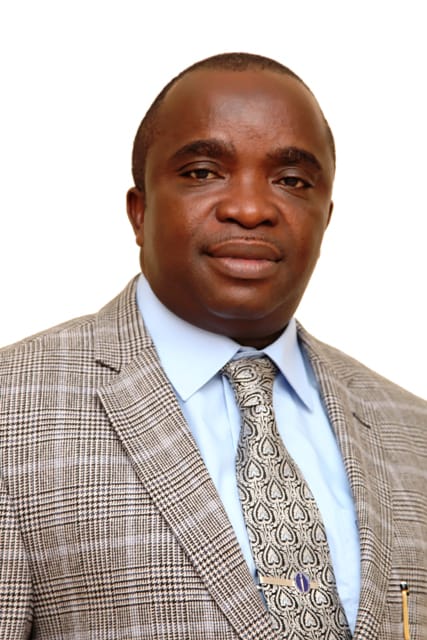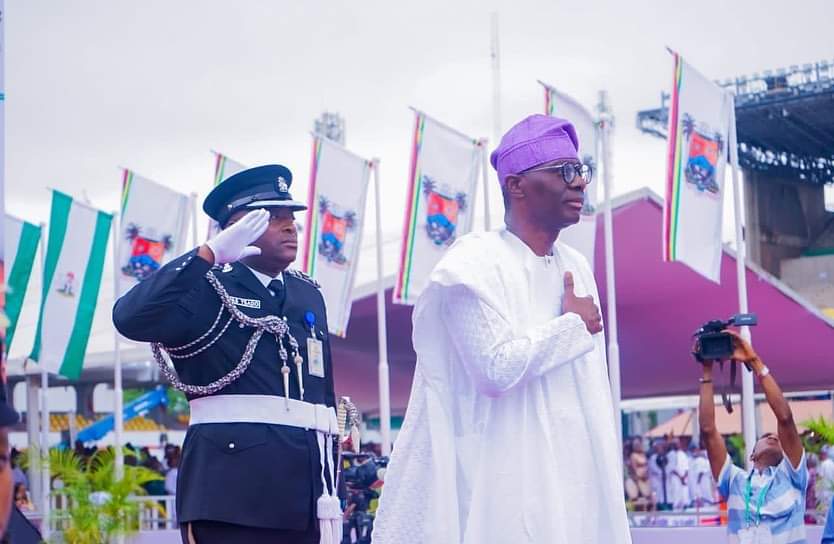In the annals of Nigeria’s democratic journey, the story of several notable politicians stands out as a testament to courage and unwavering conviction. Chief MKO Abiola stands tall in this category of exemplary Nigerian politicians.
As the nation celebrates Democracy Day, we turn our attention to the inspiring tale of a lawmaker who dared to challenge the status quo by vying for the coveted position of Speaker in a Lagos State House of Assembly.
Despite falling short in the election, his audacious bid for leadership has left an indelible mark on the development of democratic ideals. In a society where conformity often takes precedence, his bold action serves as a beacon of hope and a reminder that the spirit of democracy thrives on the bravery of individuals who dare to question and challenge.
This piece delves into the remarkable journey of this resilient lawmaker, exploring the impact of his audacity on Lagos’ democratic landscape and celebrating the power of one individual to ignite change.
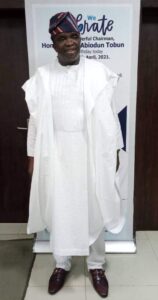
In a stunning turn of events, the recent electoral defeat of a high-ranking member of the Lagos State House of Assembly, Hon. Mustain Abiodun Tobun, has sent shockwaves through the Epe political landscape. This courageous fourth-term lawmaker defied the odds, standing up against the powers that be with the proverbial adage, “he who runs from a fight lives to fight another day.”
Lagos State, a bustling hub of economic activity and political intrigue, has long been dominated by established power structures. The mere thought of challenging these forces has deterred many from even considering it. As Lagos State moves forward, the legacy of this electoral defeat will continue to inspire future generations of political contenders to summon the courage to fight for their beliefs, regardless of the odds stacked against them.
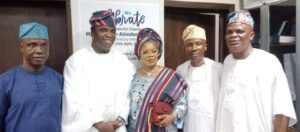
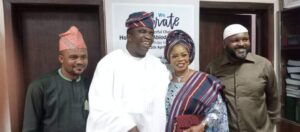
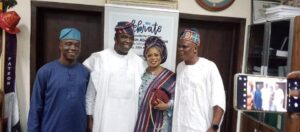
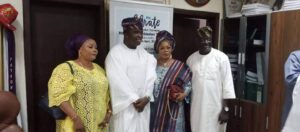
However, contesting and losing a speakership position, particularly by a courageous and experienced four-term lawmaker, holds significant democratic significance on multiple fronts.
Firstly, it showcases the essence of a vibrant and competitive political environment, where individuals have the freedom and opportunity to participate in leadership roles, shaping the course of governance. This act of contesting highlights the democratic principle of choice, allowing constituents to witness a range of perspectives and ideologies.
Secondly, the willingness to compete for a prominent position, even in the face of potential defeat, demonstrates the lawmaker’s unwavering commitment to democratic values. By contesting the speakership, this lawmaker upholds the principle of meritocracy, fostering a system that rewards competency, experience, and the ability to garner support.
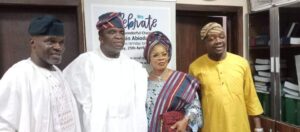
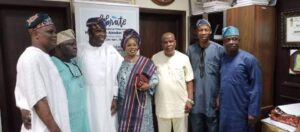
Furthermore, the act of contesting and losing a speakership position presents an opportunity for personal growth and self-reflection. It allows the lawmaker to reassess their strategies, engage with constituents, and understand the evolving needs of their electorate.
Last but not least, the four-term lawmaker’s bravery in battling and accepting defeat supports the idea of a smooth transfer of power. It places a strong emphasis on accepting democratic outcomes regardless of personal goals, preserving the stability and integrity of the democratic system in the process.
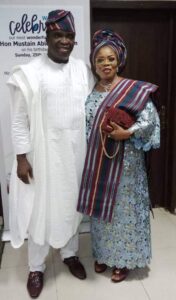
The story of this brave lawmaker serves as a potent reminder that real progress is frequently the result of bravery and tenacity as we commemorate Nigeria’s Democracy Day. Although he may not have succeeded in winning the speakership, his unflinching dedication to democratic ideas has had a profound effect on the political climate in the State.
His courageous stance has inspired countless others to question the status quo, challenge the norms, and strive for a more inclusive and progressive society. As we move forward, let us honor the legacy of this lawmaker and harness the spirit of his bold action to foster a democracy where every voice is heard, every idea is valued, and where the pursuit of a better future remains unwavering.

